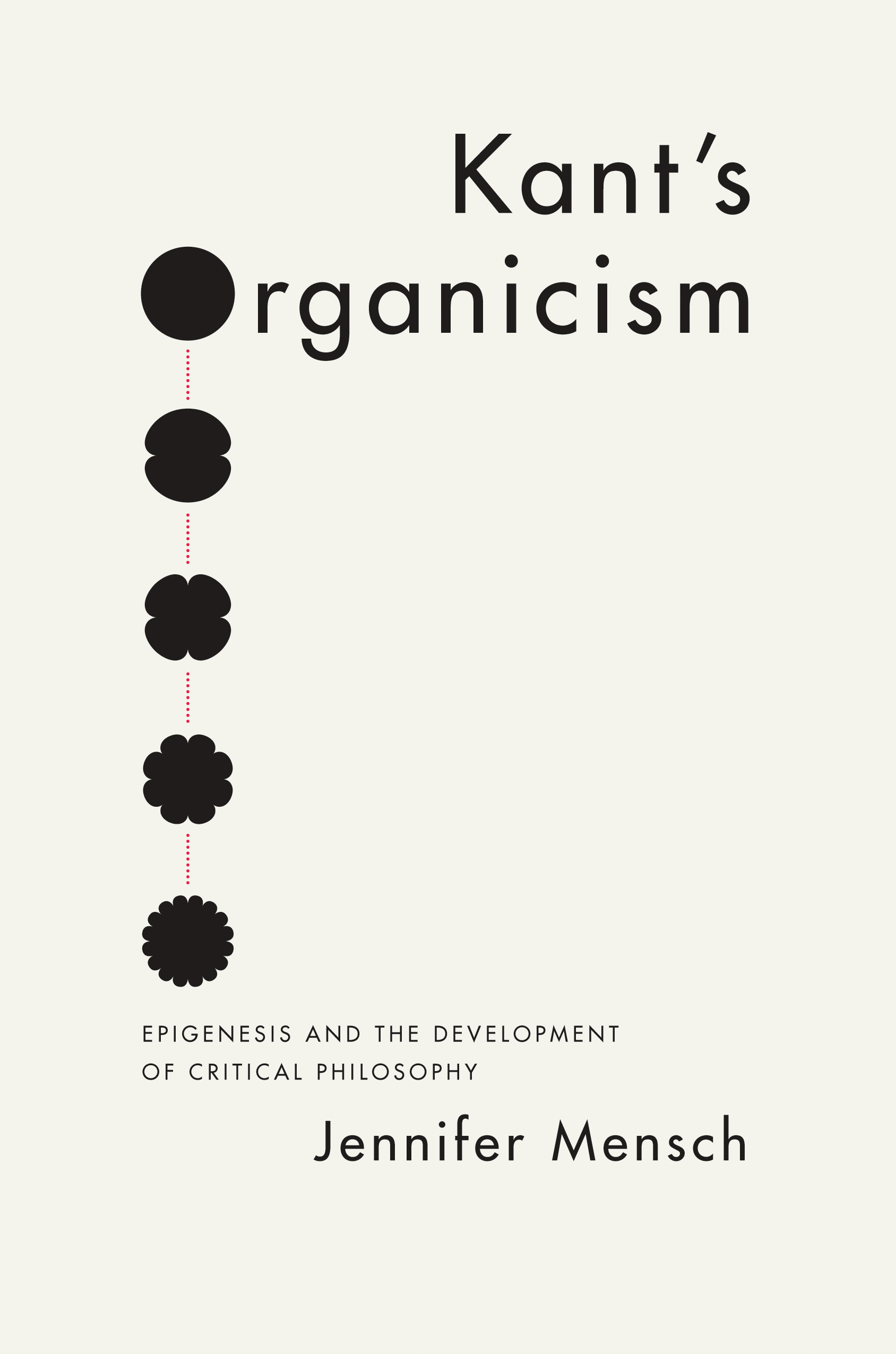The Idea of Nature, the Nature of Ideas
Guest blogger: Ryo Yamaguchi
It is hard to imagine the world—or ourselves for that matter —without DNA, but for most of our intellectual history we knew nothing about those slender molecules. The modern microscope was invented near the beginning of the seventeenth century, with Friedrich Miescher isolating DNA in the late nineteenth, and between those times theories regarding biological formation and reproduction were explored by Enlightenment thinkers and scientists such as John Locke, Anton van Leeuwenhoek, Carl Linnaeus, and Comte de Buffon. We overlook it now as common knowledge, but biological reproduction was something these people had to think through, to explain without DNA, and the debates between concepts such as God, mechanics, fermentation, homunculi—and how they could inform life’s larger lineages, of the differences between species, of a natural history as a whole—abounded.
Enter Immanuel Kant. Many of us do not think of Kant as a biologist, but he was deeply interested in natural history throughout his career, an interest that Jennifer Mensch takes up in Kant’s Organicism, published last month. Situating Kant among the above thinkers, she shows not only that Kant had theories of his own on the generation of life but that he applied these theories to another equally vexing project: the generation of knowledge. It’s easy enough to know that we have sensations—that we see, hear, smell, and feel the world—but how do we organize that raw cacophony into coherent and meaningful representations. What is that faculty and where did it come from? How do we take experience and with it, think? Mensch explains how Kant used organic models to explore this question:
Kant took the generation of representations to be something requiring a juggling of factors directly parallel to those in play when considering organic generation. There had to be something regular, like a set of rules, guaranteeing uniformity of production. There had to be material content, and there had to be some kind of force, something capable of putting the parts together according to the rules. Finally, there had to be something capable of maintaining the unity, if not the identity, of the whole—a simple enough set of requirements perhaps, but the work, as usual, lay in the details.
Starting from this shared set of simple requirements, she shows just how much organic concepts informed Kant’s theories of reason, landing on a term from embryological theory—“epigenesis”—as a guiding concept of biological formation that “opened up possibilities for thinking about reason as an organic system, as something that was self-developing and operating according to an organic logic.”
The result of Mensch’s exploration is a riveting reinterpretation of Kant’s Critique of Pure Reason as a truly interdisciplinary project, one that brought together some of the Enlightenment’s largest but seemingly most distant concerns in the pursuit of a “natural history of reason.” While many might not consider a book on Kant a great summer read, Mensch’s approachability entices us into a fascinating and highly graspable synthesis of history, philosophy, and science. And with summer’s proliferation of life on full view, it instills renewed appreciation—for both the proliferation itself and our ability to be in awe of it.
